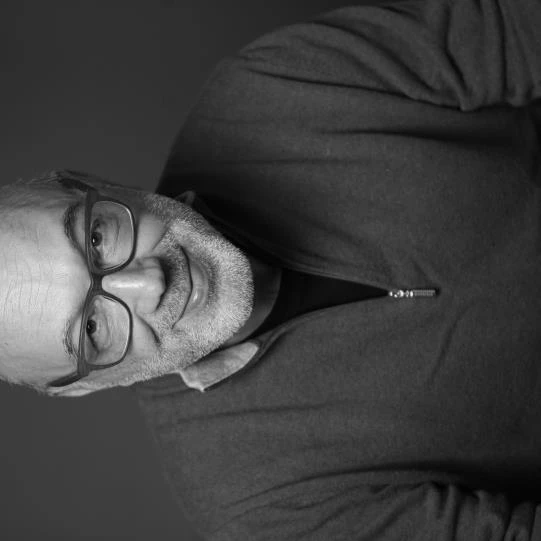The summer of 1958. While revolution rages in Beirut, a six-year-old boy in a village looks on helplessly as his mother, who has discovered desire with a stranger, turns her back on him and walks out.
Northern Lebanon, summer of 1958—in a small village in the ancient Christian Qadisha Valley, many families have left the stifling city to enjoy a cool, quiet summer in their country houses. Meanwhile, revolution rages in Beirut. One morning six-year-old Charles sees two foreign tourists who have newly arrived at the village hotel. They are Hélène, 55, and her son René, aged 30. The next day a miracle occurs. In the village church, the statue of the Virgin Mary sheds tears of blood. Because it is too dangerous to travel, the two French visitors have to stay in the village. They get to know some of the summer folk from the city and grow particularly attached to Charles and his mother. René and Charles’ mother, Layla, have a passionate, illicit fling. Layla comes to realize that she can no longer bear being a woman in the man’s world to which she belongs. She is beholden to all men, her father, husband, lover; even her son, who demands her constant presence. In the end, she chooses to walk out on them all. By the end of the summer, Lebanon has pulled back from the brink. There is hope that the golden years are about to begin. What nobody yet knows is that those years will be the last of an already dying social order and a country on the road to self-destruction. The events of the summer of 1958 are seen through the eyes of six-year-old Charles and, at times, his mother.
